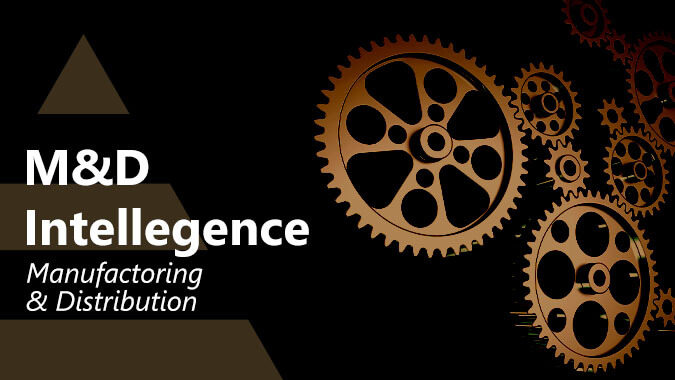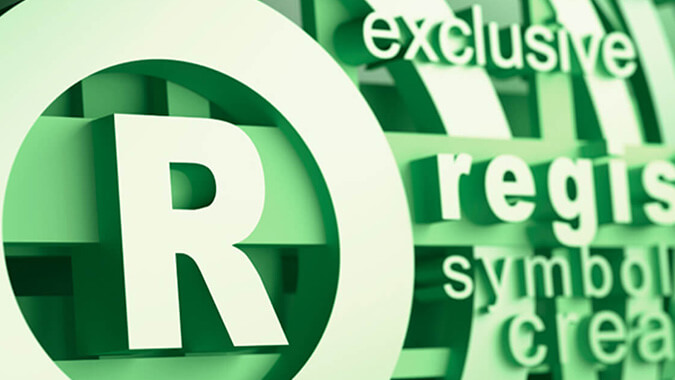
The Current State of Cannabis Banking
- Published
- Nov 30, 2021
- Share
In this episode of CannaCast, Partner and leader of EisnerAmper’s Cannabis and Hemp Group, speaks with Nathaniel Gurien, the CEO of FinCann, the Cannabis Banking Authority, Home of the Cannabis Banking Financial Network about the current state of cannabis banking.
Transcript
EisnerAmper: Thanks for tuning into this episode of Cannacast I'm your host, EisnerAmper's National Cannabis and Hemp Practice Leader. Please welcome Nathaniel Gurien, the CEO of FinCan the cannabis banking authority home of the cannabis banking financial network, FinCan is the financial institution's and cannabis industries recognized one stop resource for compliant, sustainable and transparent cannabis banking, financial services and advisory services. Nathaniel, welcome.
Nathaniel Gurien: Hi, glad to be here.
ea: Nathaniel, please explain what the cannabis banking financial network is and what it does.
NG: Well, we spent the last roughly six years building one by one, often tediously, banking relationships with commercial banks, credit unions, community banks, regional banks, national banks throughout the country talking to them about the risks and opportunities of banking the industry. And providing them tools and resources to be able to do so sustainably and profitably. And we now have substantially over 200 banks across the country consisting of banks that take business deposits and have checking accounts and provide a variety of other related commercial banking services, merchant processing acquirers who provide MasterCard fees of services to the industry.
We have a PayPal style wallet system or solution that it works pretty much like PayPal and it's ideal for B to B. That is to say business to business wholesale transfers of money quickly in real time for very, very low fees. As well as a network of private and institutional lenders who provide a wide range of commercial finance products. So we're now the cannabis banking financial network has almost a year ago, reached the point where we can now provide legitimate compliant banking and financial services for any operator operating compliantly and legitimately in all 50 states across all sectors of the industry.
ea:Nathaniel there's been a lot of conversations surrounding the Secure and Fear Enforcement Banking Act known as the Safe Banking Act. If it becomes law, what will it mean to the cannabis industry?
NG: Well, very little actually probably it's greatest value is that it will help a number of bankers, financial institutions, security dealers, insurance companies, and so on feel better and more comfortable with banking the industry. And feel that it is made some measurable progress as in terms of becoming more of a mainstream and acceptable business. However, at its core, it's a solution to a problem that doesn't exist. That is to lift the restriction, the federal restriction on cannabis banking, which as it happens, does not exist. There is no significant federal restriction on cannabis banking and there hasn't been since 2014.
I think a lot of the reason why emphasis has been placed on the Safe Banking Act is to counteract the enormous amount of pretext that the banking industry has put out. They have actual concerns about the legality or risks involved in banking the industry. When in fact it all boils down to the fact that they feel uncomfortable with it as a shady and disreputable industry that does not deserve to receive banking services. And that's the overall only the majority of bankers sentiment. However, of course, over the last four or five years, we've seen a significant amount of progress as the industry becomes incrementally more mainstream.
ea:I've been hearing a lot that the federally chartered banks are those banks you're talking about that are the ones that don't want to do the banking of cannabis. So what type of banks are cannabis companies using today?
NG: Well, we need to back up and disabuse you of that notion, many of the banks in the Cannabis Banking Financial Network are federally chartered banks. In fact, that it is a little bit easier for a federally chartered bank to be able to wire and send money across state lines and internationally. So in fact, we favor those relationships, especially for multi-state operators and public companies who have an application for, have more of a reason to be sending money across state lines and internationally. So we have community banks and state charter and federally chartered banks. Do we have banks that are supervised by the national credit union association that provides FDIC like insurance. We have banks insured by the FDIC, the Office of the Comptroller of the Currency, the OCC and so on though really all across board.
ea:I've also been told that taking credit cards for cannabis purchases sometimes violates the credit card processor's rules. Why is that?
NG: Well, it invariably violates the credit card processor's rules because the credit card networks, MasterCard, Visa, American Express, and Discover have taken the technical position that they don't want to transact or carry any transactions that are illegal. And they certainly could decide that the cannabis industry does not fall into that category, but they have arbitrarily decided at least for now that it does. And so as private businesses, they prohibit their licensees from transacting, from using their brand names and more particularly their credit facilities called rails for cannabis, direct cannabis transactions. However, they do not have any prohibition against indirect ancillary companies, CBD companies, hemp companies, and so on having credit cards, as well as debit cards.
ea:Politically, it seems that legality has always been Democrats attempting to legalize cannabis. There has now recently been a Republican led bill, the States Reform Act to legalize and tax cannabis. The bill would reschedule cannabis and oppose a 3% exercise tax on sales. What effect would that have on the industry?
NG: Well, if it was passed and signed and became law, that would mean that cannabis was no longer subject to federal prohibition. That would lift a lot of boats and move the industry along quite considerably towards I think it would be a major step towards mainstreaming the industry. And we certainly applaud the efforts, hopefully not futile of that. Our esteemed colleague from South Carolina who introduced that bill and wish her all the luck and Godspeed in getting it through.
ea:In your mind, will we see federally legalized cannabis over the next few years first, maybe over the next short run of two years and in the longer view of maybe four years?
NG: Well, if the Republican bill actually gets some traction and there's no reason for political fundamentals to support that because we're getting into the holidays. And after the holidays, we have an election year and representatives are very, very reticent, especially in purple states to sign on to anything controversial that they don't really know quite how it's going to play with their constituents. I think that there was really a window of opportunity to simply de-schedule cannabis this year with the stroke of a pen or simple legislation, similar to the provision included in the 2018 Farm Bill that did the same thing by carving out a portion of the cannabis plant and artificially calling it hemp. But I think that opportunity has been lost. Looks like the majority leader Schumer is trying to put together a full board enterprise level, 2000 page comprehensive bill to try to include social equity and taxation and regulation and labeling and all the details.
And that's an amazingly complicated task multiplied by 50 states, thousands of stakeholders across all kinds of industry sectors. Likelihood of being able to herd all those cats in one direction and get that through, even this year, even six months ago was probably a bridge too far. I don't see any likelihood that action is really going to be able to be taken in an election year. And that kicks it down to 2023, where we hope that the further movement towards mainstream of the industry and more states coming online with adult use and more states coming online with more liberalized medical marijuana, that perhaps it'll be inevitable and be more of a rubber stamp in 2023. But I think prospects for ending federal prohibition before 2023 at this point are pretty dim.
ea:Well thank you, Nathaniel, for joining me today. And thanks for listening to can cast as part of the EisnerAmper podcast series. Visit Eisneramper.com/cannabis for more information and podcasts. Join us for our next Canncast podcast, where we will discuss other budding issues. Thank you.
Transcribed by Rev.com
Also Available On
Contact EisnerAmper
If you have any questions, we'd like to hear from you.
Receive the latest business insights, analysis, and perspectives from EisnerAmper professionals.











